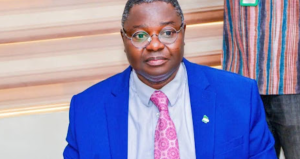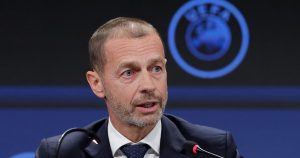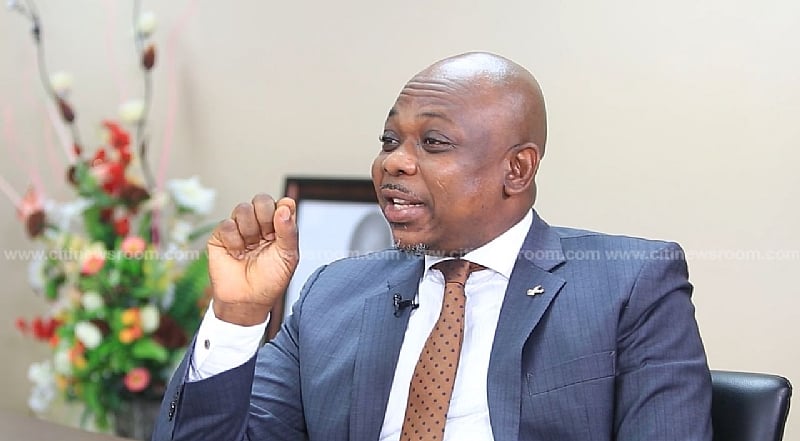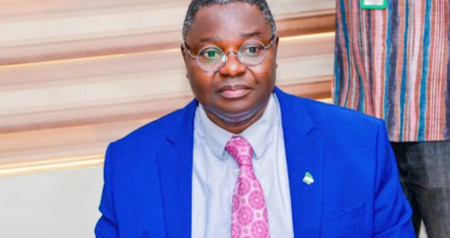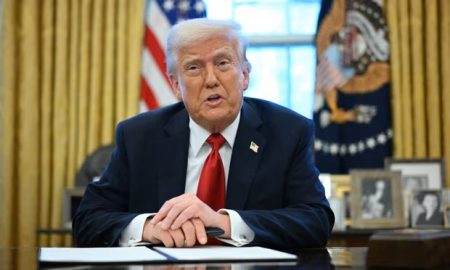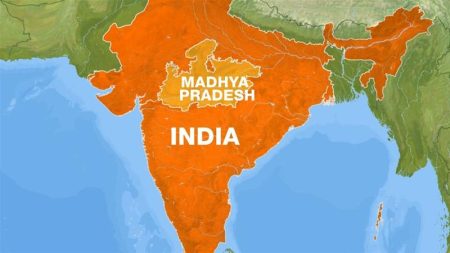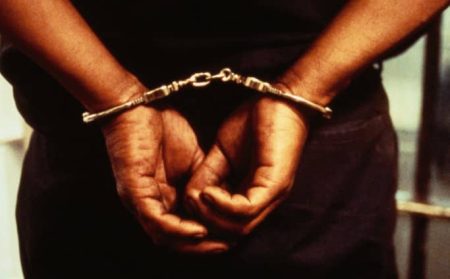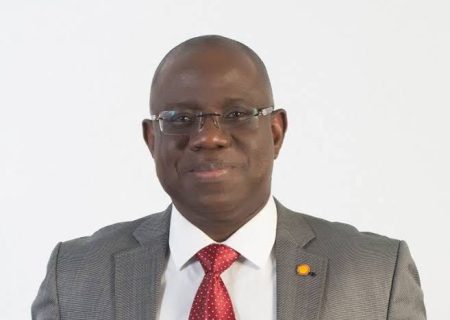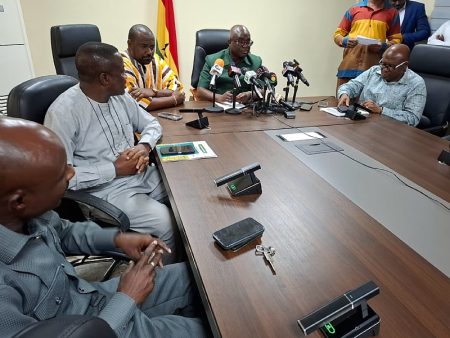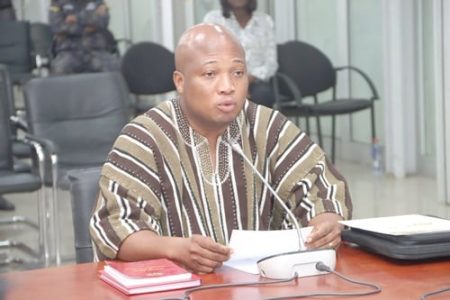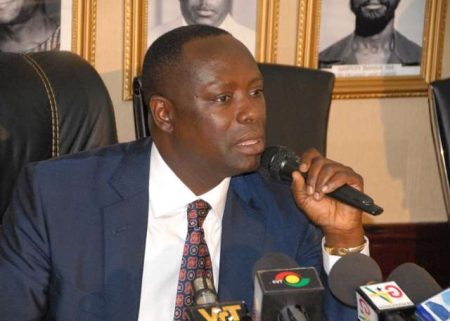The escalating tension between the Chairman and Ranking Member of Parliament’s Defence and Interior Committee highlights a growing concern over transparency and accountability within Ghana’s security agencies. Ranking Member Rev. Ntim Fordjour formally requested a briefing from key security agencies, including the National Security Ministry, the Police Criminal Investigations Department (CID), the Narcotics Control Commission, and the National Investigations Bureau (NIB). This request stemmed from a desire to address public anxieties surrounding several high-profile security issues, including a National Security operation in Sapeiman and two significant narcotics seizures totaling nearly half a billion dollars in March. Adding to the public unease were questions surrounding the activities of two international flights—AirMed Flight N823AM and Cavok Air Antonov An-12B—that landed at Kotoka International Airport and allegedly returned to their origin without clear explanations.
Rather than acquiescing to the request for a briefing, Committee Chairman James Agalga rebuffed the Ranking Member, advising him to cooperate with the very agencies under scrutiny, citing a directive from former President John Dramani Mahama to collaborate on investigations into drug trafficking allegations. Agalga’s response effectively deflected the immediate demand for transparency, positing that collaboration with the agencies was a more appropriate course of action. He did offer an assurance that the agencies and National Security Coordinator would be invited to brief the committee upon Parliament’s reconvening, but this delayed response did little to assuage the Ranking Member’s concerns.
The crux of the disagreement lies in the perceived obstruction of parliamentary oversight. Rev. Fordjour’s request for a briefing represents the committee’s legitimate function of scrutinizing security agencies and holding them accountable to the public. Agalga’s refusal to facilitate this briefing, coupled with his deferral to an executive directive, raises questions about the balance of power between the legislative and executive branches, specifically concerning oversight of security matters. The Chairman’s insistence on collaboration with the agencies being investigated, before allowing parliamentary scrutiny, appears counterintuitive to established principles of oversight and accountability. The delay in convening the requested briefing further fuels suspicion and reinforces the impression that the agencies are reluctant to face parliamentary scrutiny.
The Ranking Member’s public expression of frustration via social media underscores the seriousness of this perceived impediment to parliamentary oversight. His statement, accusing the agencies of having “something to hide,” reflects a growing public perception of opacity within these organizations. This public airing of internal committee disagreements highlights a breakdown in communication and trust, further eroding public confidence in the government’s ability to address pressing security concerns. The Ranking Member’s direct accusation of evasion further intensifies the conflict and suggests a deeper underlying distrust between the committee members and the security agencies.
The timing of these events is particularly significant. Occurring against the backdrop of major drug busts and questionable international flight activities, the refusal to provide a timely briefing fuels speculation and undermines public trust. The sheer monetary value of the drug seizures underscores the gravity of the situation and the urgent need for transparency. The unexplained activities of the international flights add another layer of complexity and heighten public concern about potential security breaches. The confluence of these events creates an atmosphere of suspicion and amplifies the importance of parliamentary oversight.
The standoff between the Chairman and Ranking Member reveals a broader struggle for transparency and accountability within Ghana’s security apparatus. The Ranking Member’s pursuit of a briefing represents a crucial step towards holding these agencies responsible for their actions. The Chairman’s resistance to this request raises questions about the effectiveness of parliamentary oversight and the potential for undue influence from the executive branch. This impasse ultimately undermines public trust and reinforces the need for greater transparency and accountability within Ghana’s security sector. The ongoing public debate underscores the importance of resolving this issue promptly to restore public confidence and ensure the effective functioning of democratic institutions.


